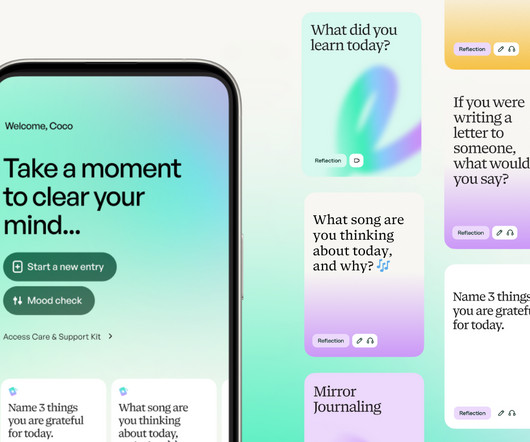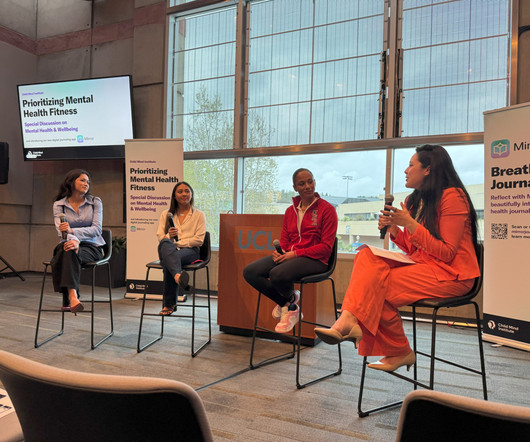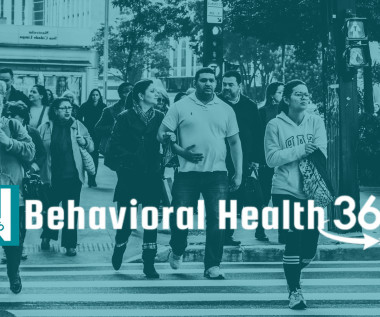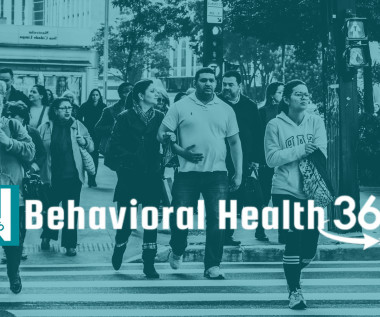The Future of Mental Wellness: Technology and Self-Reflection
Child Mind Intitute
MARCH 4, 2025
At the Child Mind Institute, were committed to exploring how technology can support mental well-being, especially for teens. We believe that everyone can benefit from tools that promote self-reflection and emotional growth and that these tools can serve both as standalone resources and complements to professional mental health care.












Let's personalize your content